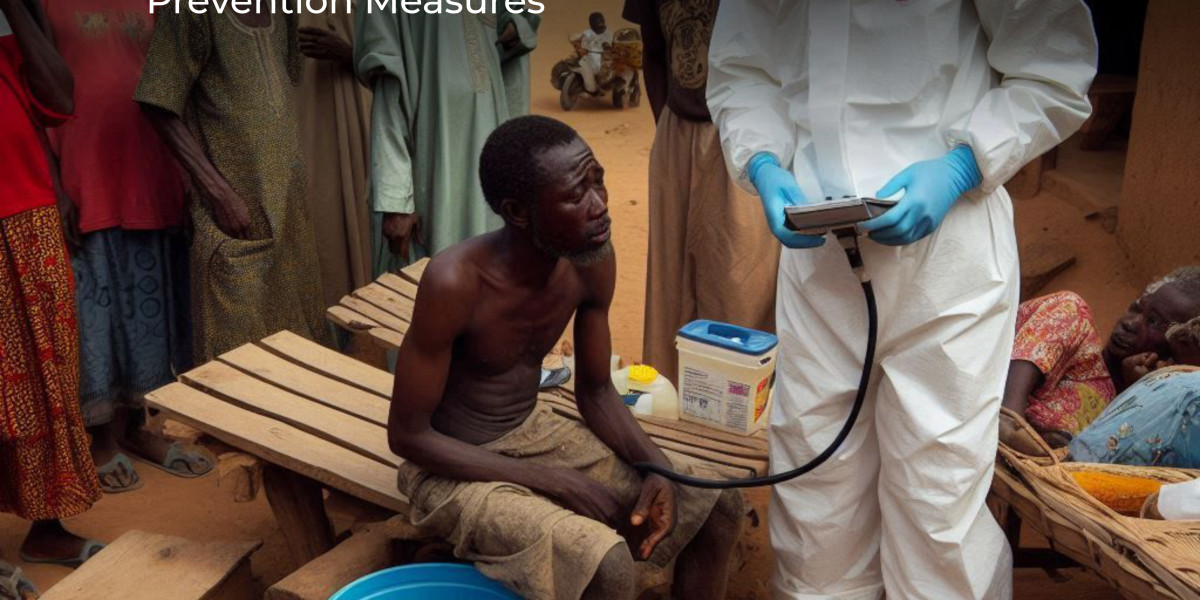What is Cholera?
Cholera is an acute diarrheal illness caused by infection with the bacterium Vibrio cholerae. It can cause severe watery diarrhea, leading to dehydration and even death if untreated. Cholera is most commonly spread through contaminated water and food.
Causes of Cholera
The primary cause of cholera is the ingestion of food or water contaminated with the Vibrio cholerae bacteria. The contamination typically occurs due to poor sanitation and hygiene practices. In regions where water treatment, sanitation, and hygiene are inadequate, cholera can spread rapidly.
Predisposing Factors
Several factors can increase the risk of cholera transmission:
- Poor Sanitation: Lack of access to clean water and proper sewage systems.
- Crowded Living Conditions: Overcrowding can facilitate the rapid spread of the bacteria.
- Malnutrition: A weakened immune system can increase susceptibility to infection.
- Natural Disasters: Flooding and other disasters can disrupt water and sanitation systems, leading to contamination.
Signs and Symptoms
Cholera symptoms can range from mild to severe and typically appear within two to five days after infection. Key symptoms include:
- Severe Watery Diarrhea: Often described as "rice-water" stools.
- Vomiting: Often accompanies diarrhea, leading to further fluid loss.
- Dehydration: Signs include dry mouth, thirst, reduced urine output, and sunken eyes.
- Leg Cramps: Due to loss of electrolytes.
In severe cases, dehydration can lead to shock, kidney failure, and death if not promptly treated.
Pathophysiology
Once ingested, Vibrio cholerae bacteria colonize the small intestine, producing a toxin that stimulates the release of large amounts of water and electrolytes from intestinal cells into the intestinal lumen. This results in rapid fluid loss through diarrhea and vomiting, leading to severe dehydration and electrolyte imbalance.
Management of Cholera
Managing cholera primarily involves rehydration and, in some cases, antibiotics. Key steps include:
- Oral Rehydration Salts (ORS): A mixture of clean water, salt, and sugar to replace lost fluids and electrolytes.
- Intravenous Fluids: For severe cases where ORS is insufficient.
- Antibiotics: May be prescribed to reduce the duration and severity of symptoms.
- Zinc Supplements: Especially for children, to help reduce the duration of diarrhea.
Complications of Cholera
If not treated promptly, cholera can lead to several severe complications:
- Severe Dehydration: Can result in shock and organ failure.
- Hypoglycemia: Low blood sugar, particularly in children, due to reduced intake and increased loss.
- Electrolyte Imbalance: Can cause severe muscle cramps, weakness, and heart rhythm disturbances.
- Kidney Failure: Due to severe dehydration and low blood pressure.
Prevention
Preventing cholera involves improving water, sanitation, and hygiene practices. Key measures include:
- Safe Water: Drinking and using clean, treated water for cooking and washing.
- Proper Sanitation: Using latrines or toilets and ensuring proper sewage disposal.
- Hand Hygiene: Washing hands with soap and water, especially after using the toilet and before handling food.
- Food Safety: Ensuring food is cooked thoroughly and stored properly.
The recent cholera outbreak in Nigeria stresses the importance of public health education and preventive measures. By understanding the causes, symptoms, and management of cholera, we can take proactive steps to protect ourselves and our communities. Ensuring access to clean water, improving sanitation, and practicing good hygiene are essential in preventing the spread of this potentially deadly disease. We can help mitigate the impact of cholera and save lives by staying informed and vigilant at all times.








